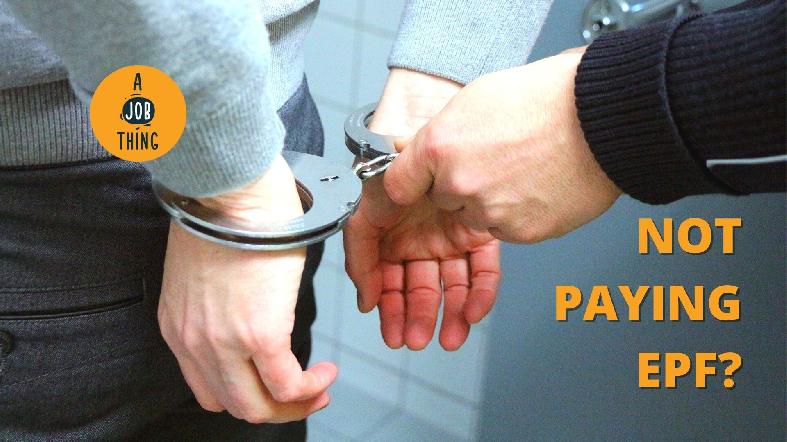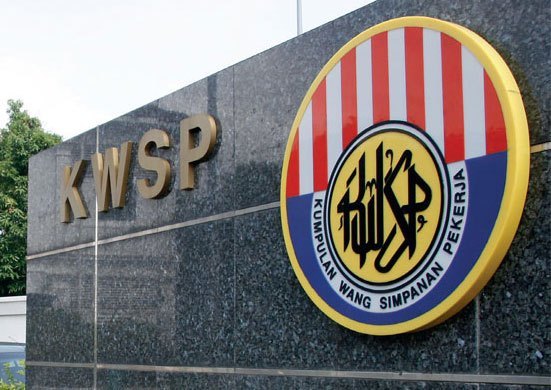
What Would Happen if an Employer Does Not Contribute to EPF?
Are You Hiring?
Find candidates in 72 Hours with 5+ million talents in Maukerja Malaysia & Ricebowl using Instant Job Ads.
HIRE NOW
In 2014, about 144 employers were fined a total of RM232,100 by the courts for having failed to contribute to the Employees Provident Fund (EPF) within the specified period. Here's what employers should be aware of when it comes to EPF:
EPF is our responsibility
All employers and employees are required to contribute to their respective EPF funds. Section 43(1) of the EPF Act 1991 states that:
"Subject to the provisions of section 52, every employee and every employer of a person who is an employee within the meaning of this Act shall be liable to pay monthly contributions on the amount of wages at the rate respectively set out in the Third Schedule."
How does one know if they qualify for EPF contribution? According to Section 2 of the EPF Act 1991:
“A person who is employed under a contract of service or apprenticeship. The contract of service or apprenticeship can be written or verbal, expressed or implied.”
This means that a verbal agreement between an employee and an employer would be a valid employment contract. As long as both parties understood that it is a contract of service, the employee qualifies for EPF contribution. It is preferable to have a written employment contract.

Employers and employees must contribute to the EPF.
Contract of service vs. Contract for service
There are significant differences between these two contracts.
Contract of service: Both parties agree to have an employer-employee relationship. In this contract, the employee agrees to be of service to their employer. This applies to regular full-time contracts as well as part-time contracts. Part-time workers need to earn more than RM10 per hour to qualify for EPF contribution.
Contract for service: This contract refers to the client-contractor type of relationship. The contractor is the independent one who agrees to provide a kind of service to the client and would not be considered as an employee. This applies to freelance contracts.
The contract that qualifies for EPF contribution: CONTRACT OF SERVICE
Mandatory EPF contributions
Though employers and employees must make EPF contributions, the employer has to make the monthly payment on or before the 15th of every month. The mandatory contribution required is different according to the employee's salary.
-
If an employee is below 60 and earning above RM5,000 every month, they need to contribute 11% of their monthly salary while the employer would need to contribute 12%.
-
If an employee is below 60 and earning RM5,000 and below every month, they need to contribute 11% of their monthly salary while the employer would need to contribute 13%.
-
If an employee is above 60, they don't have to contribute to their EPF, but the employer has to contribute 4% of their salary no matter the amount of the salary.

Employers risk jail time if they are found guilty of not contributing to the EPF.
What happens if the employer does not contribute to the EPF?
The employer can be charged for not paying an employee's EPF. Section 43(2) of the EPF Act 1991 states that:
"Any employer who fails to make contribution on or before the 15th of every month shall, on conviction, be liable to imprisonment for a term not exceeding three years or to a fine not exceeding ten thousand ringgit or to both."
The employer can either be jailed up to 3 years, fined not more than RM10,000 or both.
The punishment is different for larger companies. Instead of a single employer, there might be multiple directors, partners, or associates. In this situation, they may:
- Face bankruptcy,
- Have their assets confiscated, and
- Have their passport confiscated.
There have been examples where employers would deduct an employee's EPF contributions but not make any payments to the employee's account.
If the employer is found guilty of it, they can be jailed or up to 6 years and/or fined up to RM20,000 under Section 48(3) of the EPF Act 1991. The employer would also be liable to pay late payment charges and dividend to EPF under Section 45 of the EPF Act 1991 for unpaid outstanding contributions.
Employers should always remember to contribute to their employee's EPF account or risk punishment.
Get to know us! AJobThing is here for you!
Source: AskLegal.my
Related articles
Former Consultant Awarded RM221,250 For Constructive Dismissal
HR Guide: Part-Time Employment
Salary Reduction: The Basic Things Employers Should Know

